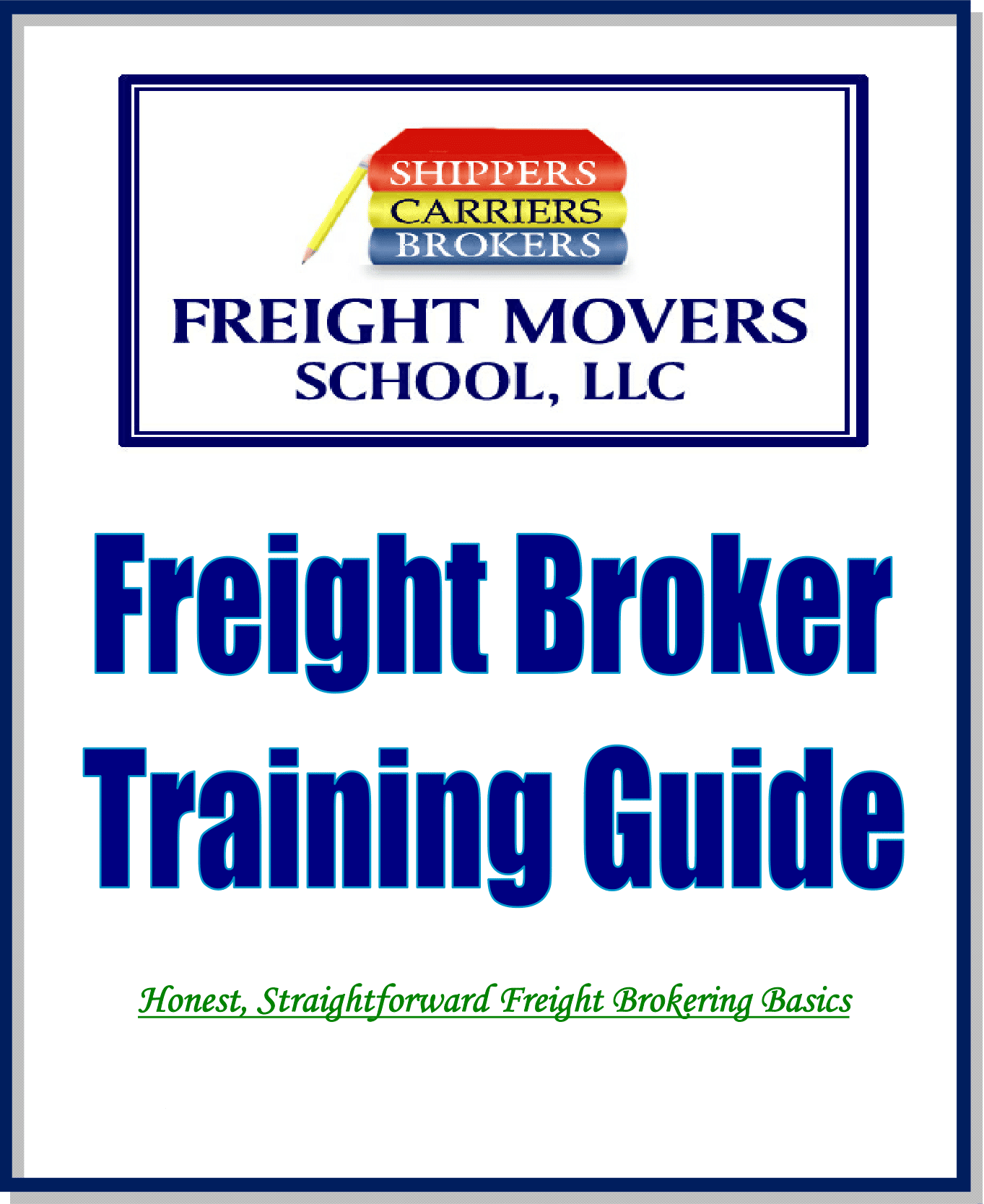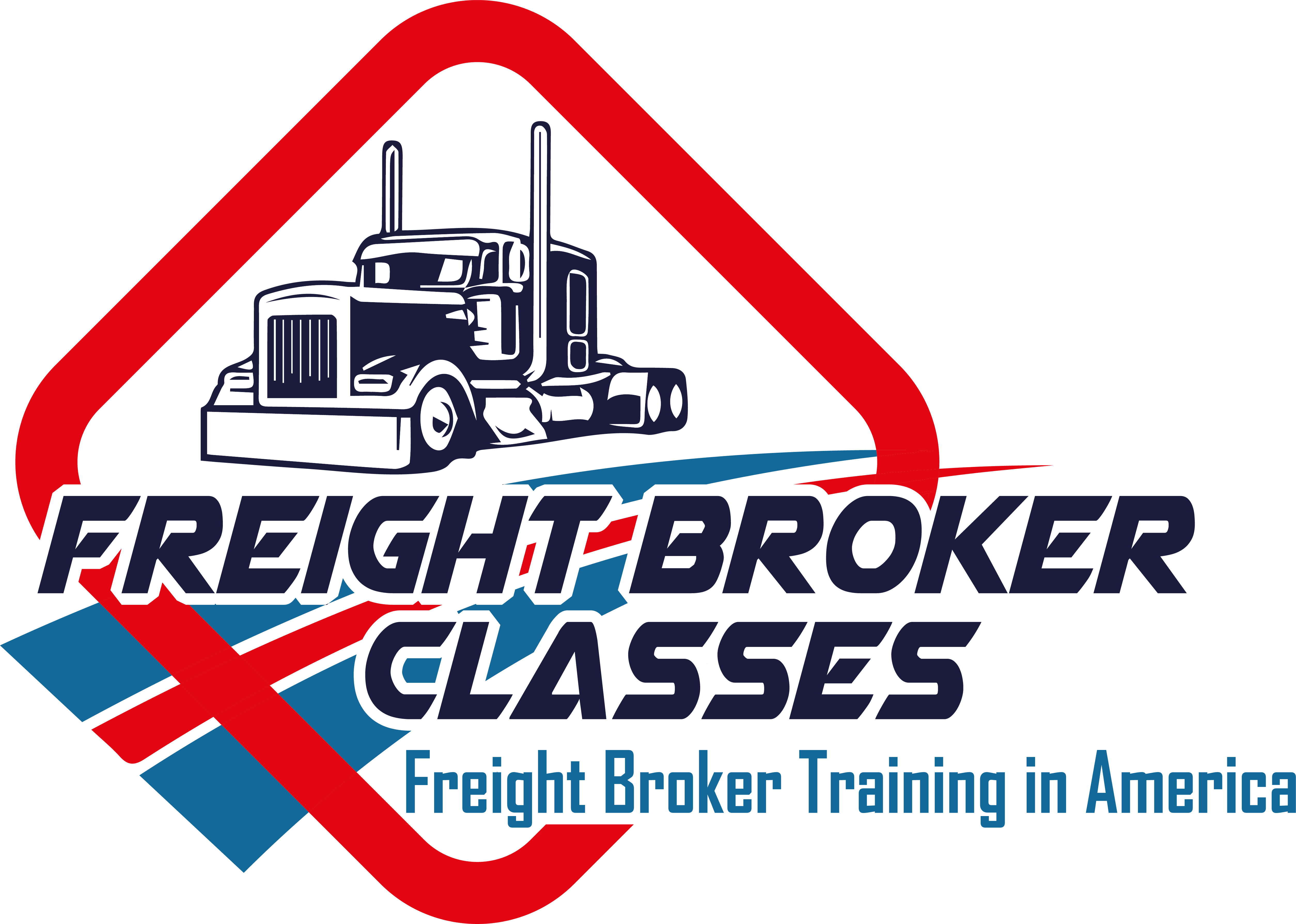Freight Broker Training: Kickstart Your Career Today!

Are you ready to embark on a rewarding career in the logistics industry? Freight broker training is your gateway to becoming a vital part of the supply chain, connecting shippers with carriers and ensuring smooth transportation of goods. This comprehensive guide will walk you through the essentials of starting your journey in freight brokerage, whether you’re a beginner or looking to enhance your skills.
Why Choose a Career in Freight Brokering?

The freight brokerage industry is booming, offering numerous opportunities for those with the right skills and knowledge. As a freight broker, you’ll play a crucial role in the logistics sector, facilitating the movement of goods across the country or even internationally. This career path is not only financially rewarding but also provides the flexibility to work independently or as part of a larger organization.
Benefits of Becoming a Freight Broker: - High Demand: The logistics industry is growing, and skilled freight brokers are in high demand. - Flexible Work: Enjoy the freedom to work remotely or set your own hours. - Lucrative Income: Earn competitive commissions based on your performance. - Entrepreneurial Opportunity: Start your own brokerage business and build a successful enterprise.
Getting Started: Essential Steps for Freight Broker Training

1. Understand the Role of a Freight Broker
Before diving into training, it’s essential to grasp the responsibilities of a freight broker. You’ll act as an intermediary, negotiating rates, coordinating shipments, and ensuring compliance with regulations. This role requires strong communication, negotiation, and organizational skills.
2. Choose the Right Training Program
Selecting a reputable freight broker training course is critical to your success. Look for programs that cover: - Industry Regulations: FMCSA regulations, licensing, and legal requirements. - Brokerage Operations: Load booking, carrier selection, and shipment tracking. - Negotiation Skills: Techniques for negotiating rates and contracts. - Business Setup: Guidance on starting and managing your brokerage.
Informational Copy: For those seeking in-depth knowledge, consider courses offering comprehensive modules on logistics management, supply chain optimization, and industry trends.
Commercial Copy: Enroll in our accredited training program, designed to fast-track your career. With expert instructors and practical learning, you’ll gain the skills to succeed in the competitive freight brokerage market.
| Training Program Features | Benefits |
|---|---|
| Comprehensive Curriculum | Covers all aspects of freight brokerage |
| Experienced Instructors | Learn from industry professionals |
| Practical Training | Hands-on experience with real-world scenarios |

3. Obtain Necessary Licensing
To operate legally, freight brokers must obtain a freight broker license from the Federal Motor Carrier Safety Administration (FMCSA). This process involves: - Registration: Complete the FMCSA registration process. - Surety Bond: Secure a $75,000 surety bond or trust fund agreement. - Insurance: Obtain the required insurance coverage.
📌 Note: Licensing requirements may vary by state, so ensure you comply with local regulations.
4. Build Your Network
Success in freight brokerage relies heavily on your network. Start building relationships with: - Carriers: Establish connections with reliable transportation providers. - Shippers: Identify potential clients and understand their shipping needs. - Industry Associations: Join relevant organizations for networking opportunities.
Advanced Strategies for Freight Broker Success

Mastering Negotiation Techniques
Negotiation is a core skill for freight brokers. Learn to: - Analyze Market Rates: Stay updated on freight rates and industry trends. - Build Rapport: Develop strong relationships with carriers and shippers. - Offer Value: Provide solutions that benefit both parties.
Utilizing Technology
Leverage technology to streamline your operations: - Transportation Management Systems (TMS): Automate tasks and improve efficiency. - Load Boards: Access a wide range of shipping opportunities. - Communication Tools: Stay connected with clients and carriers.
Final Thoughts: Launching Your Freight Broker Career

Embarking on a career as a freight broker is an exciting journey filled with opportunities. By following these steps and continuously refining your skills, you’ll be well-equipped to navigate the logistics industry. Remember, success in freight brokerage comes from a combination of knowledge, networking, and adaptability.
Checklist for Aspiring Freight Brokers: - [ ] Research and enroll in a reputable training program. - [ ] Understand FMCSA regulations and licensing requirements. - [ ] Develop a business plan and marketing strategy. - [ ] Build a network of carriers and shippers. - [ ] Stay updated on industry trends and technology.
What qualifications do I need to become a freight broker?
+While formal qualifications are not always required, completing a recognized freight broker training course is highly recommended. This ensures you have the necessary knowledge of industry regulations, brokerage operations, and business practices.
How long does it take to complete freight broker training?
+Training duration varies depending on the program. Some intensive courses can be completed in a few weeks, while others may span several months. Self-paced online courses offer flexibility, allowing you to learn at your own speed.
Is freight brokerage a profitable career?
+Yes, freight brokerage can be highly profitable. Earnings depend on your ability to secure clients, negotiate rates, and manage operations efficiently. Successful brokers often earn substantial commissions and can build thriving businesses.
Can I start a freight brokerage business from home?
+Absolutely! Many freight brokers operate successfully from home offices. With the right training, licensing, and technology, you can manage your business remotely, enjoying the benefits of a flexible work environment.
What are the key challenges in freight brokerage?
+Challenges include staying updated with industry regulations, managing cash flow, and building a strong network. Effective training and continuous learning are essential to overcoming these hurdles and achieving long-term success.
Related Keywords: freight broker license, logistics training, supply chain management, transportation brokerage, FMCSA regulations.



